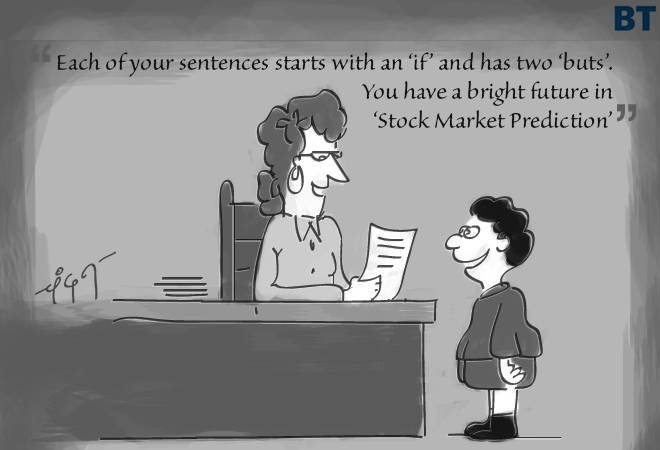@stillers,
Sorry, I read the OPs question rather than getting in
any fund managed by Mr. Krug as to getting in a closed fund managed by Mr. Krug.
https://www.sec.gov/ix?doc=/Archives/edgar/data/935015/000119312523227441/d515026d497.htm#xx_1e50d048-f5f7-47a0-b2d4-07301b86b98f_2The only way to purchase ARTFX as cited from the most recent prospectus:
Who is Eligible to Invest in a Closed Fund?
Artisan High Income Fund, Artisan International Small-Mid Fund and Artisan International Value Fund are closed to most new investors. From time to time, other Funds may also be closed to most new investors. The Funds do not permit investors to pool their investments in order to meet the eligibility requirements, except as otherwise noted below.
If you have been a shareholder in a Fund continuously since it closed, you may make additional investments in that Fund and reinvest your dividends and
capital gain distributions in that Fund, even though the Fund has closed, unless Artisan Partners considers such additional purchases to not be in the best interests of the Fund and its other shareholders. An employee benefit plan that is a Fund shareholder may continue to buy shares in the ordinary course of the plan’s operations, even for new plan participants.
You may open a new account in a closed Fund only if that account meets the Fund’s other criteria (for example, minimum initial investment) and:
◾you beneficially own shares of the closed Fund at the time of your application;
◾you beneficially own shares in the Funds with combined balances of $250,000;
◾you receive shares of the closed Fund as a gift from an existing shareholder of the Fund (additional investments generally are not permitted unless you are otherwise eligible to open an account under one of the other criteria listed);
◾you are transferring or “rolling over” into a Fund IRA account from an employee benefit plan through which you held shares of the Fund (if your plan doesn’t qualify for rollovers you may still open a new account with all or part of the proceeds of a distribution from the plan);
◾you are purchasing Fund shares through a sponsored fee-based program and shares of the Fund are made available to that program pursuant to an agreement with the Funds or Artisan Partners Distributors LLC and the Funds or Artisan Partners Distributors LLC has notified the sponsor of that program in writing that shares may be offered through such program and has not withdrawn that notification;
◾you are an employee benefit plan and the Funds or Artisan Partners Distributors LLC has notified the plan in writing that the plan may invest in the Fund and has not withdrawn that notification;
◾you are an employee benefit plan or other type of corporate, charitable or governmental account sponsored by or affiliated with an organization that also sponsors or is affiliated with (or is related to an organization that sponsors or is affiliated with) another employee benefit plan or corporate, charitable or governmental account that is a shareholder of the Fund at the time of application;
◾you are a client, employee or associate of an institutional consultant or financial intermediary and the Funds or Artisan Partners Distributors LLC has notified that consultant or financial intermediary in writing that you may invest in the Fund and has not withdrawn that notification;
◾you are a client of a financial advisor or a financial planner, or an affiliate of a financial advisor or financial planner, who has at least:
○$2,500,000 of client assets invested with the closed Fund at the time of your application; or
○$5,000,000 of client assets invested with the Funds or under Artisan Partners’ management at the time of your application and, with respect Artisan International Value Fund only, the Funds or Artisan Partners Distributors LLC has notified such financial advisor or financial planner, or affiliate of such financial advisor or financial planner, in writing, that that you may invest in the Fund and has not withdrawn that notification;
◾you are an institutional investor that is investing at least $5,000,000 in the Fund and the Fund or Artisan Partners Distributors LLC has notified you in writing that you may invest in the Fund and has not withdrawn that notification (available for investments in Artisan International Small-Mid Fund and Artisan International Value Fund only);
◾you are a client of Artisan Partners or are an investor in a product managed by Artisan Partners, or you have an existing business relationship with Artisan Partners, and in the judgment of Artisan Partners, your investment in a closed Fund would not adversely affect Artisan Partners’ ability to manage the Fund effectively; or
|
Prospectus—Artisan Partners Funds
155
◾you are a director or officer of the Funds, or a partner or employee of Artisan Partners or its affiliates, or a member of the immediate family of any of those persons...
